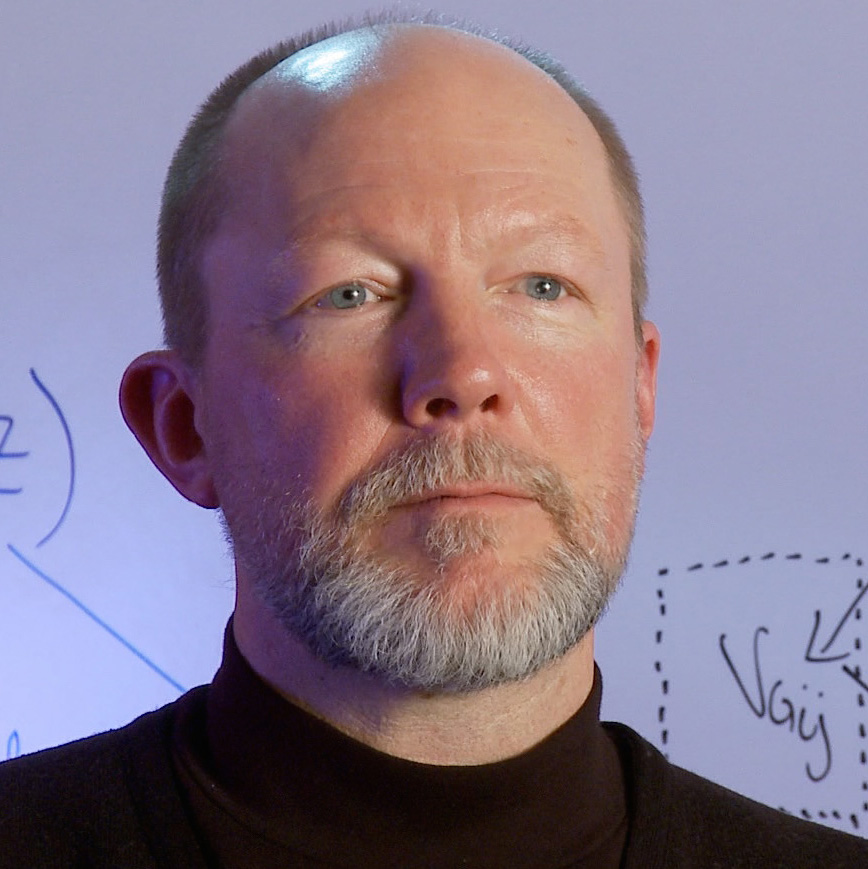Stephen M. Shuster
Professor of invertebrate zoology
Charles R. Darwin, whose 206th birthday occurs this week, was correct about many things. His observations on how differential survival and reproduction within natural populations leads to evolutionary change, is only one of his enduring contributions.
Among his less well‐known observations is why the ratio of females to males in sexually reproducing species usually equalizes at 1. Darwin was the first to notice and explain this fundamental pattern in his 1871 book, The Descent of Man and Selection in Relation to Sex.
“Could the sexes be equalised through natural selection? We may feel sure, from all characters being variable, that certain pairs would produce a somewhat less excess of males over females than other pairs. The former, supposing the actual number of the offspring to remain constant, would necessarily produce more females, and would therefore be more productive. On the doctrine of chances a greater number of the offspring of the more productive pairs would survive; and these would inherit a tendency to procreate fewer males and more females. Thus a tendency towards the equalisation of the sexes would be brought about.”
Darwin is rarely credited for this idea because in the second edition of his book, published three years later, he retracted this statement, even after presenting new data that supported his hypothesis. In the end, Darwin considered sex ratio evolution, “too intricate,” and better left for future analysis.
The British statistician, R. A. Fisher, provided an explanation remarkably similar to Darwin’s original in 1930, although it emphasized expenditures of parental energy rather than offspring numbers. Fisher is usually given credit for explaining this process, but his wandering prose is no match for Darwin’s clarity, as other authors have noted as well.
A fitting birthday gift to the great man is to reassign credit where credit is due, and invite others to rediscover through Darwin’s work, his colossal impact on how we understand our world.



